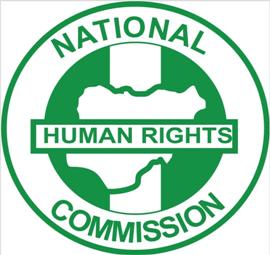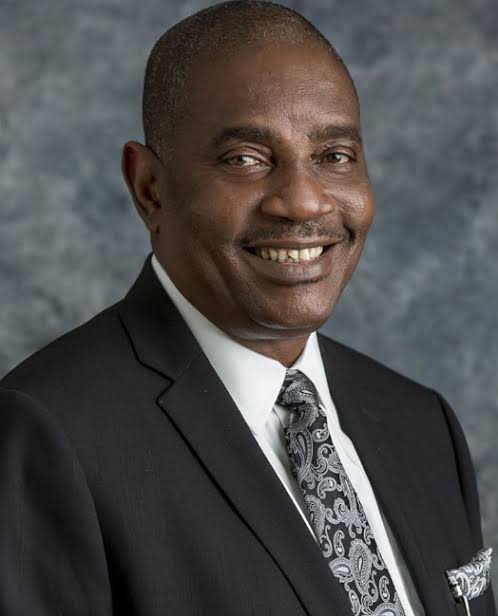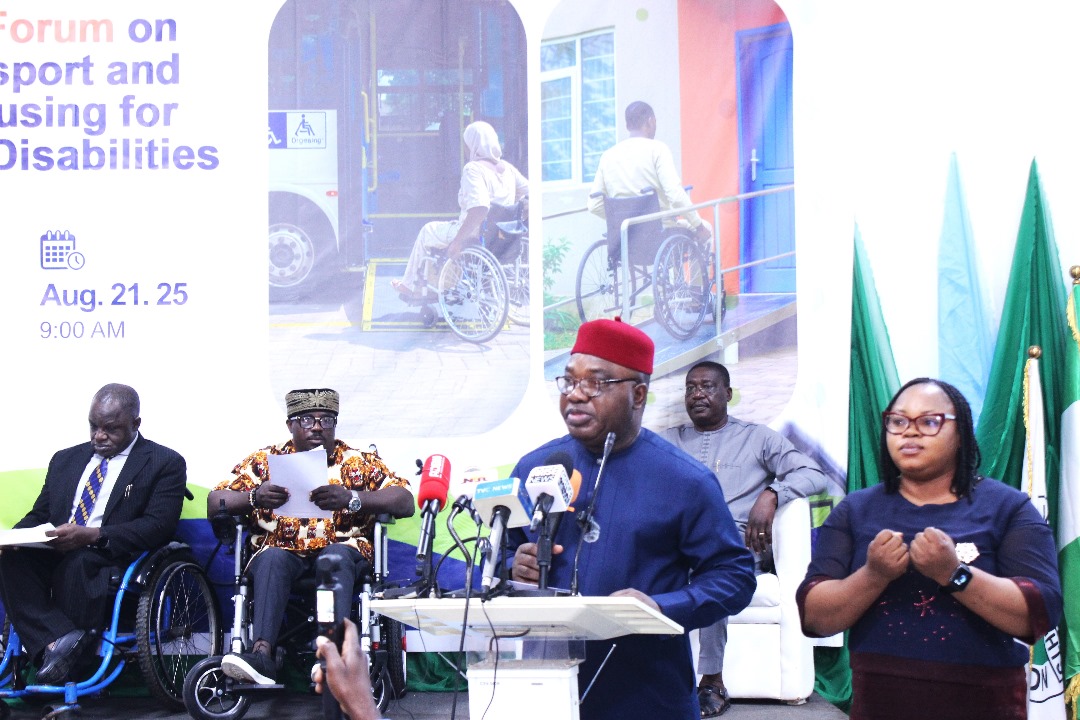The National Human Rights Commission (NHRC) in collaboration with the National Agency for the Control of AIDS ( NACA) and support from Global Fund organised an inaugural Access to Justice Coordination Forum as part of its implementation of the Global funds grant cycle 7 (GT7).
Speaking at the Access to Justice Coordination Forum held at the Commission’s headquarters, the Executive Secretary NHRC Dr. Tony Ojukwu OFR, SAN reiterated its commitment to protecting the rights of all individuals, regardless of their vulnerability, in a bid to foster a more just and inclusive society.
The Director General of NACA hailed the collaboration as a significant milestone in the fight against the stigma and discrimination faced by people living with HIV/AIDS. She noted that the partnership would enable NACA to leverage its expertise to build a more inclusive society across Nigeria.
Adding to the discussion, the Country Director of UNAIDS, Dr. Leo Zekeng, represented by Oluwa Fisayo Fakayode, stressed that access to justice require collaborative efforts so that victims can access it without hindrance. "Justice is not a privilege for a few but a right for all," she stated.
Similarly, Alexander Chimbaru, a representative from the World Health Organization (WHO), highlighted that while his organization has achieved 96% access to healthcare in Nigeria, key populations still face stigma and discrimination. He reaffirmed WHO’s continued support in the fight against these challenges, emphasizing the need for collective efforts to ensure that no one is left behind.
A major highlight of the inauguration event was the signing of a Memorandum of Understanding (MoU) between the NHRC and NACA.
The agreement aims to establish a legal framework for collaboration between the two organizations, focusing on advocacy, policy reforms, and the protection of human rights, particularly the rights of persons living with HIV/AIDS as well as Key Population.
The MoU is expected to enhance efforts in addressing human rights concerns related to HIV/AIDS, discrimination, and access to healthcare, reinforcing the commitment of both institutions to fostering a just and equitable society.








